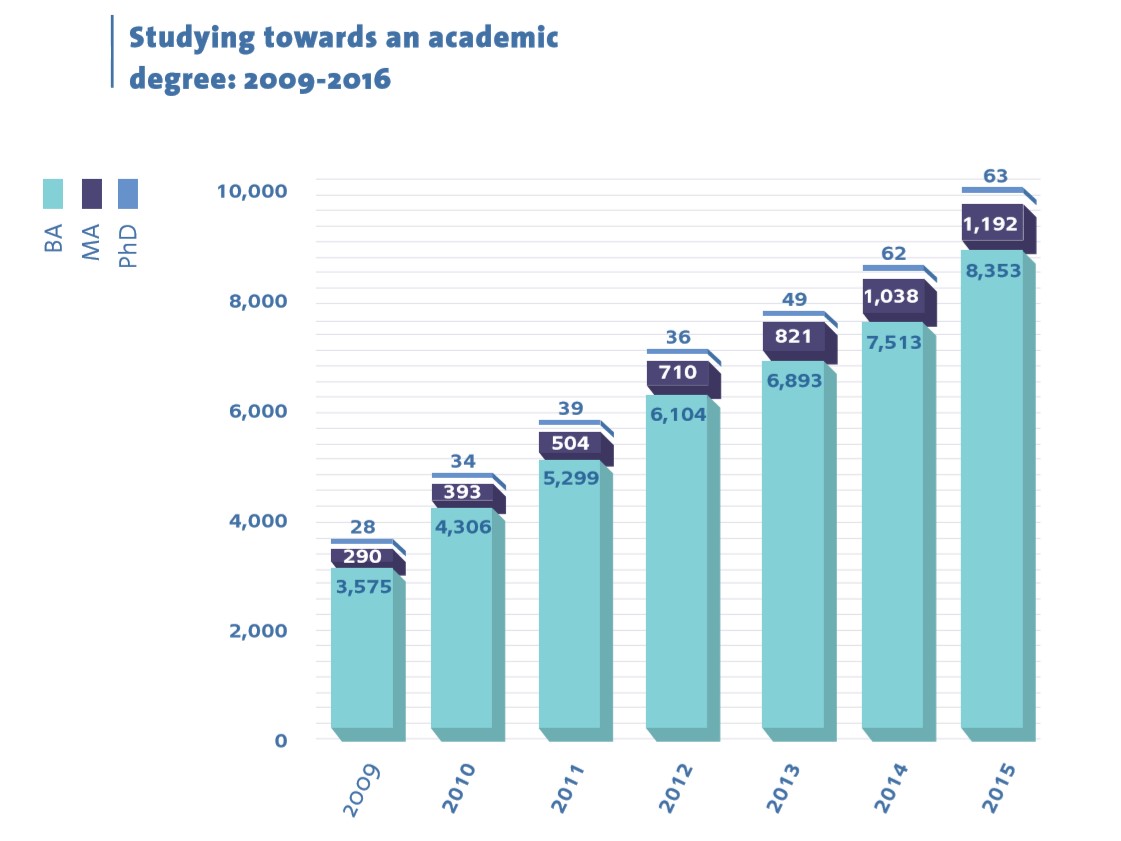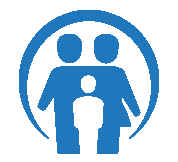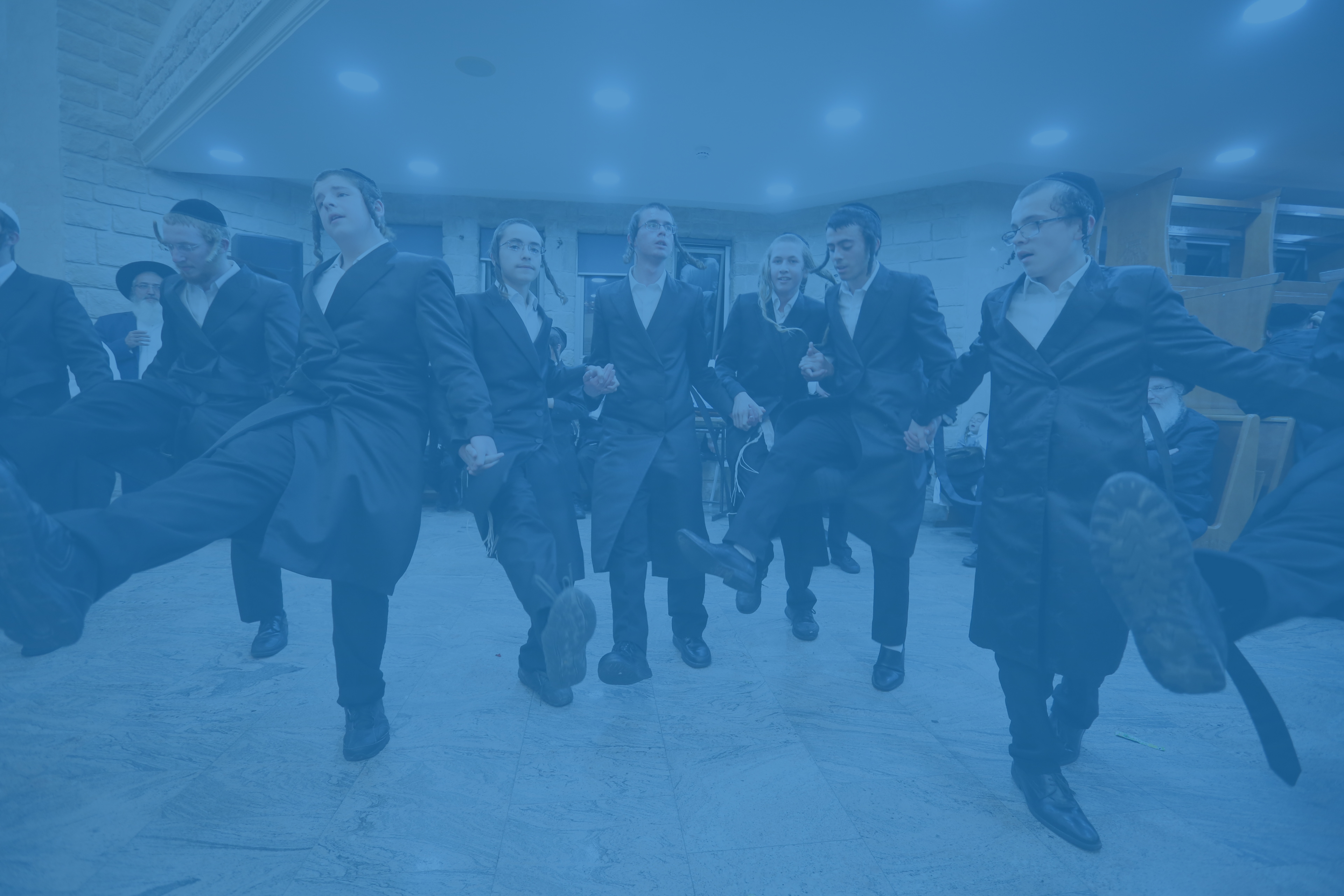Education
Chap. 2
The ultra-Orthodox educational stream makes up a substantial segment of the Israeli educational system as a whole. The number of ultra-Orthodox students has increased rapidly over the years, alongside the introduction of systemic and structural changes, such as the establishment of the Division for ultra-Orthodox education in the Ministry of Education and the establishment of ultraOrthodox State and semi-private schools.
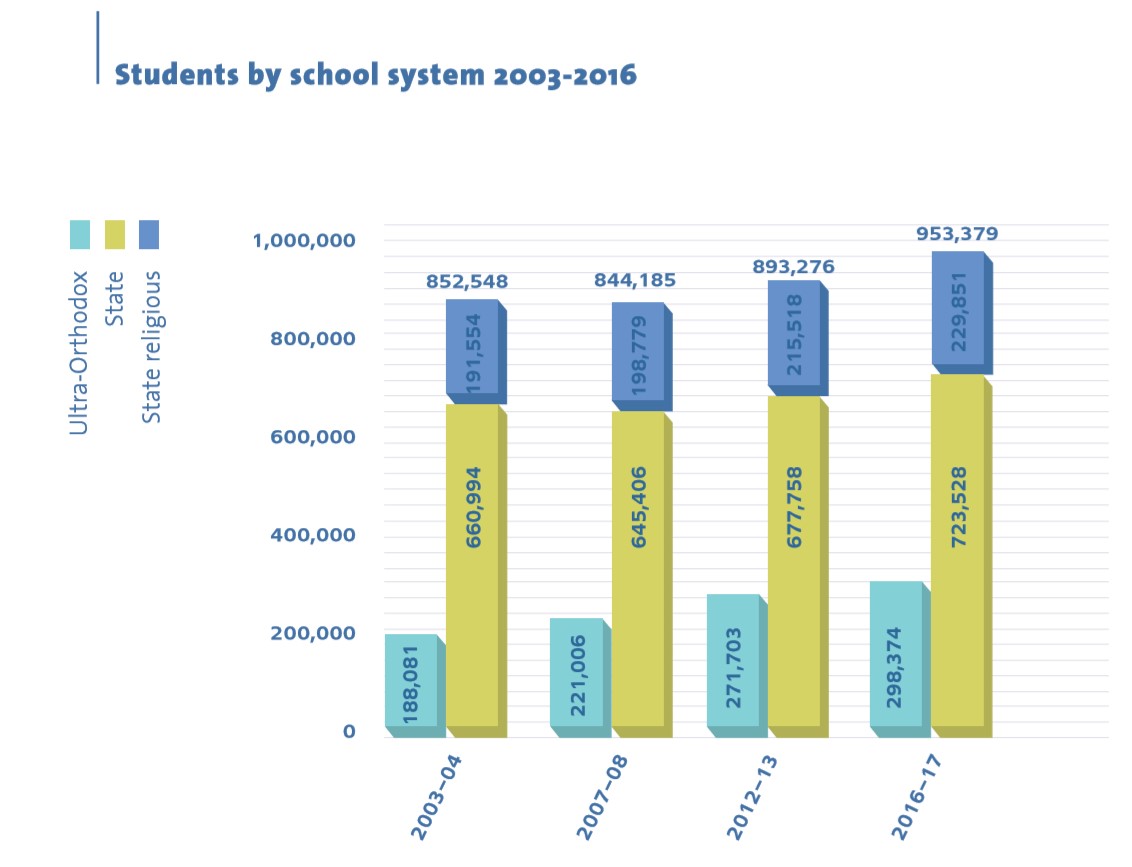
In the 2015-2016 school year, approximately 300,000 pupils – comprising 24% of pupils in the Jewish school system and 18% of the pupils in the system as a whole — attended schools in the ultra-Orthodox educational stream.
However, in recent years, the pace of growth in ultra-Orthodox education has slowed to 3 % per year, as compared with a 2-% increase in the growth rate of state- -religious education. Underlying this trend are factors such as the decline in the birth rate among the ultra-Orthodox, and the decline in the attractiveness of ultra-Orthodox schools among groups who while are part of the community, are somewhat less stringent in their observance.
Thirty-three percent of twelfth-grade pupils in ultra-Orthodox schools took the matriculation examinations in the 2014– 2015 academic year — a rate much lower than that of pupils in state and state--religious schools (94 %). In recent years, the matriculation examinations have made their way into the Bais Yaakov network of Haredi girls' schools, with half of ultra-Orthodox girls taking at least some of the exams. Thirtyone percent of ultra-Orthodox girls took the matriculation examinations in the 2008–2009 academic year; this rate rose steeply to 51 % within six years (in the 2014–2015 academic year). By contrast, the percentage of boys who took the examinations in those years remained stable and even declined slightly, from 16% to 13 %. In total, only 11 % of ultra-Orthodox pupils are awarded matriculations certificates as compared with 76 % of pupils in the state and state-religious school systems.
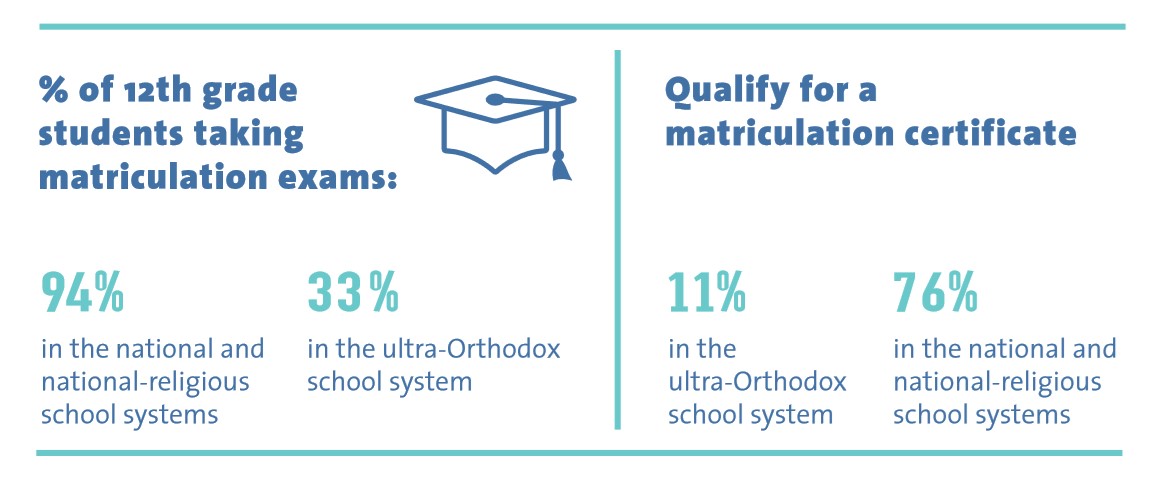
In 2016, 117,165 ultra-Orthodox men studied in yeshivas, 64% of whom were married. Seventy percent of the latter are exempt from army service by virtue of their marital status, so that for them --continued kollel study is not necessarily a way to avoid military service but rather stems from a combination of religious, cultural, and social factors.
The pace of growth in the number of yeshiva students declined to 2.5 % per year between 2012 and 2016, and the growth in the number of kollel students declined even further, to 1.3 % per year. The statistics showing this slowdown parallel those showing the increase in the percentage of ultra-Orthodox men joining the workforce and those enlisting in the army or volunteering for Civilian National Service.
The number of ultra-Orthodox men and women studying for an academic degree increased by 150% -between 2010 and 2016. During the 2015–2016 academic year, approximately 10,000 ultra-Orthodox students — 4% of the total number of students in Israel — attended academic institutions (not including the Open University or programs leading to a diploma rather than to an academic degree). Sixty-nine percent of them were women, as compared with 59 % among the overall student population.
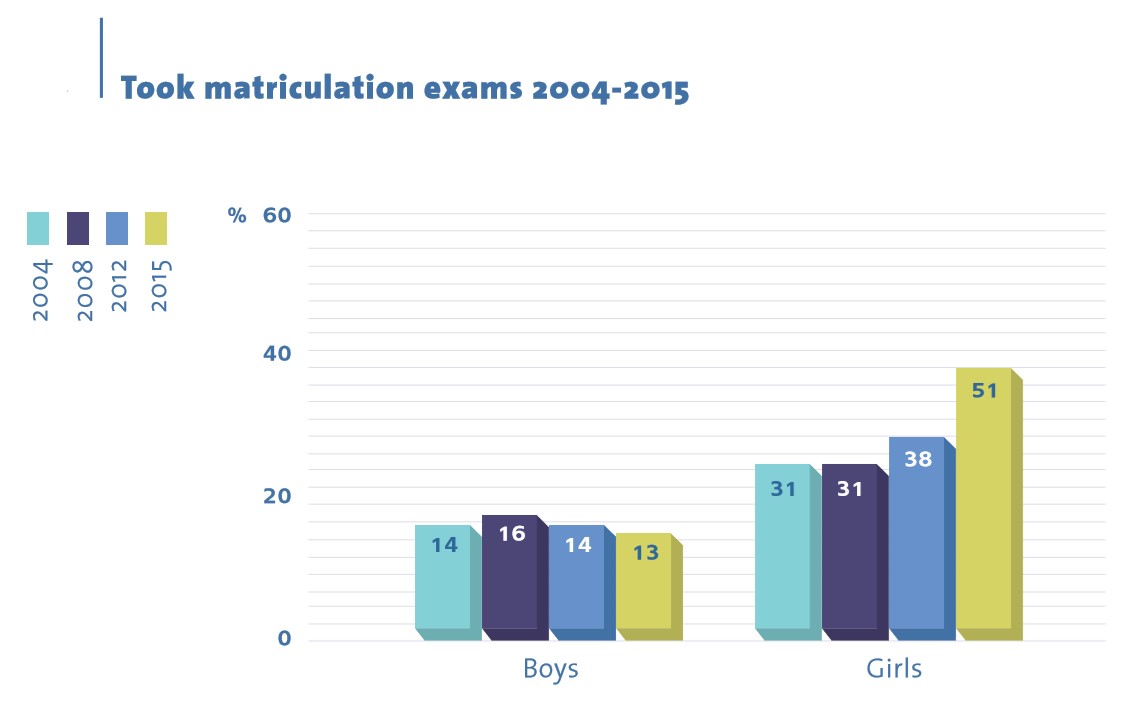
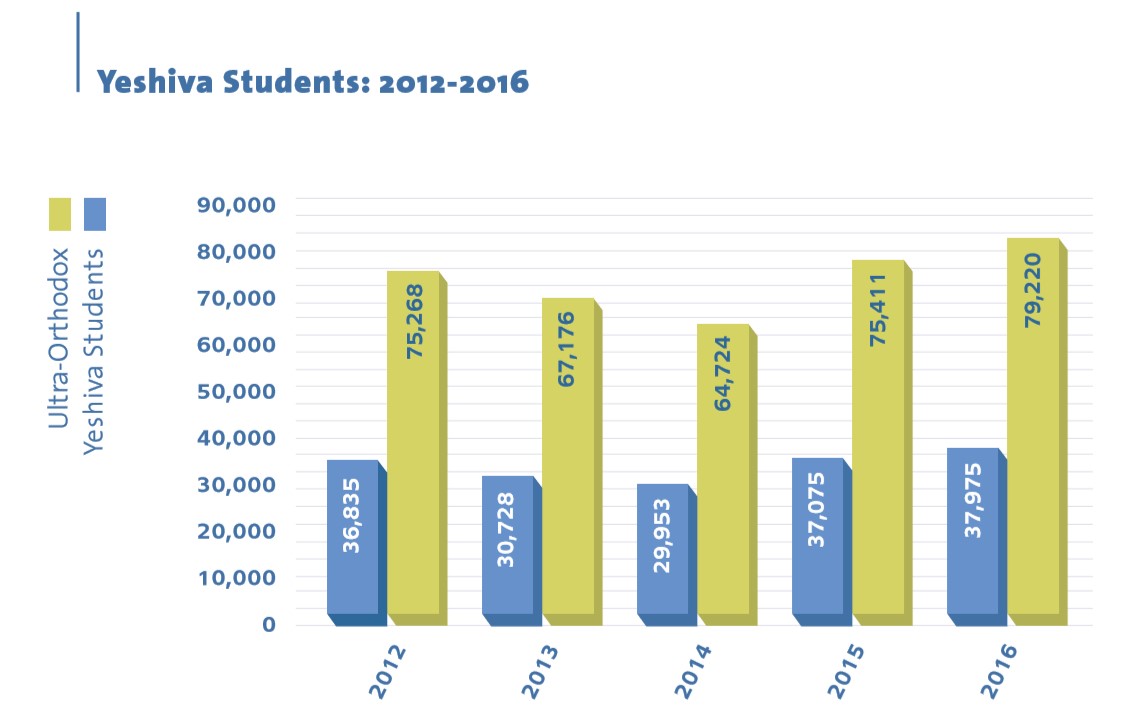
Ultra-Orthodox students tend to study subjects which will make it possible for them to work within the ultra-Orthodox community (education, teaching, and paraprofessional professions) and those — such as law and business administration-- which open the door to employment in "practical" professions.
